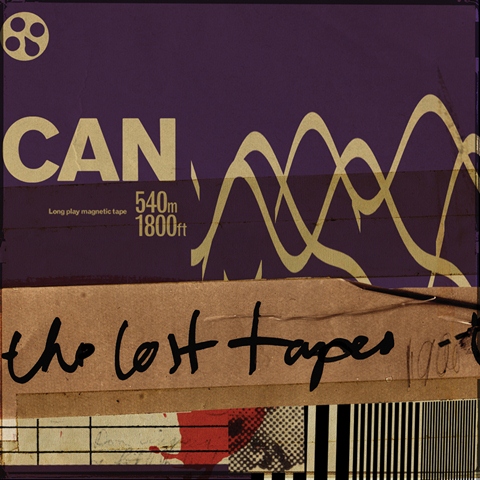Nefés, Tanztheater Wuppertal Pina Bausch, Sadler's Wells
Bausch makes of Istanbul a production whose jewels don't compensate for the meagre set
Istanbul, even more than Rome, is the point in the world where tectonic plates of civilisations collide: Europe, Arabia and Asia, Muslim Istanbul and Christian Constantinople, fundamentalists and secularists, 21st-century women and 15th-century men. The smells of hookahs, roses and fish are part of the magic the city has from time immemorial radiated, beckoning traders and dealers, visitors and adventurers, to a place of shifting histories and irresistible mystery.

